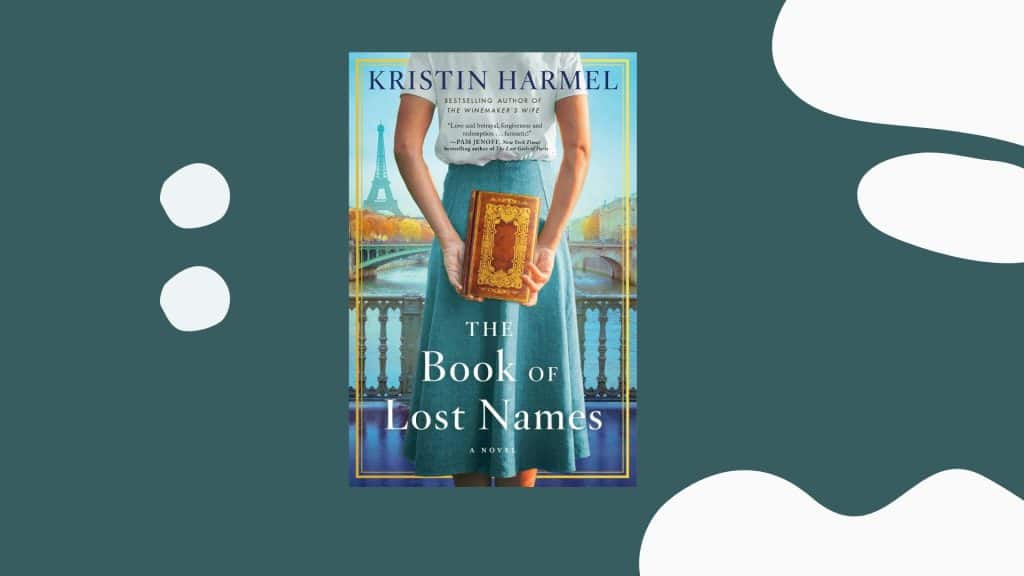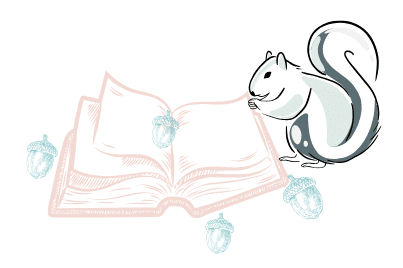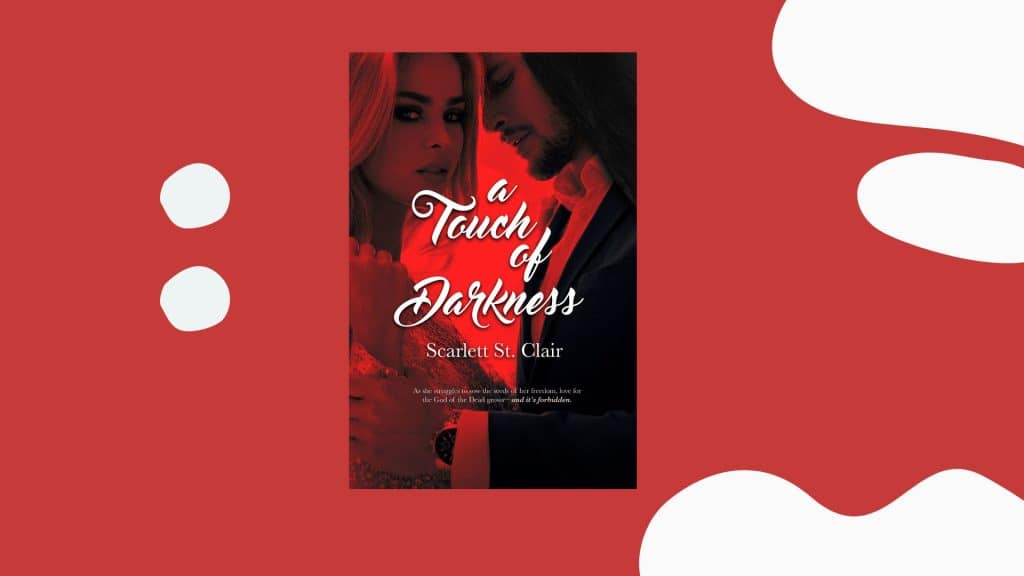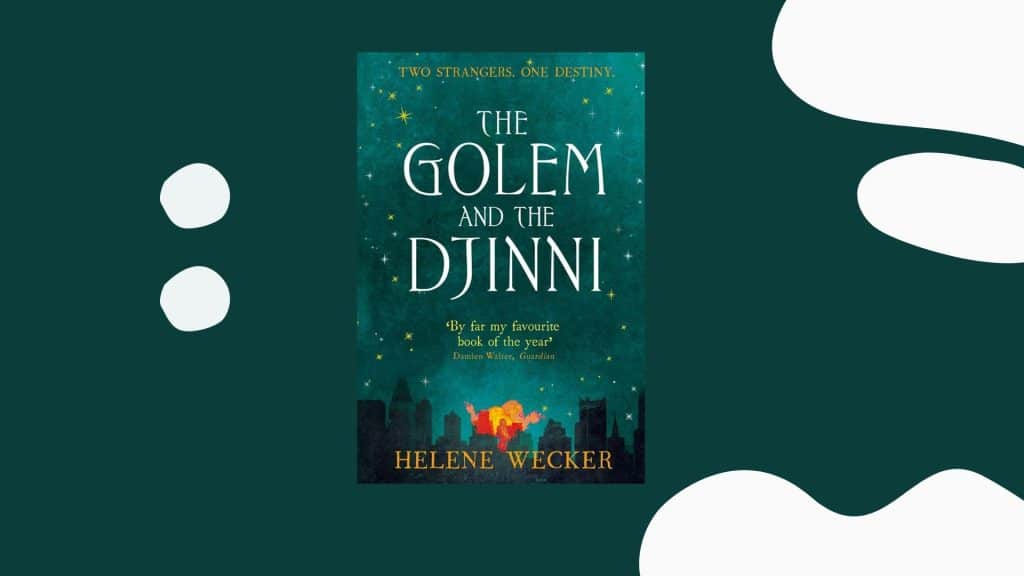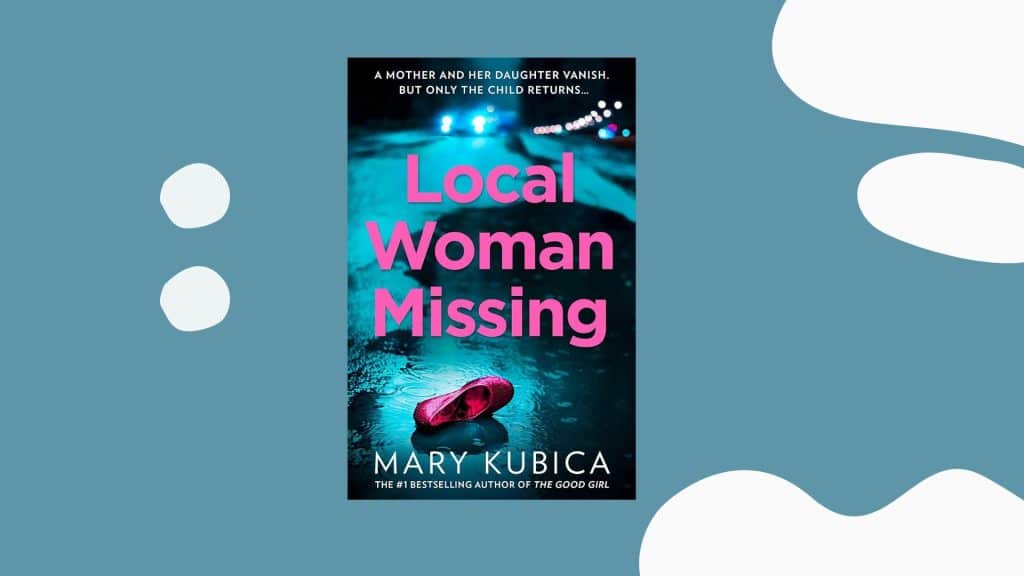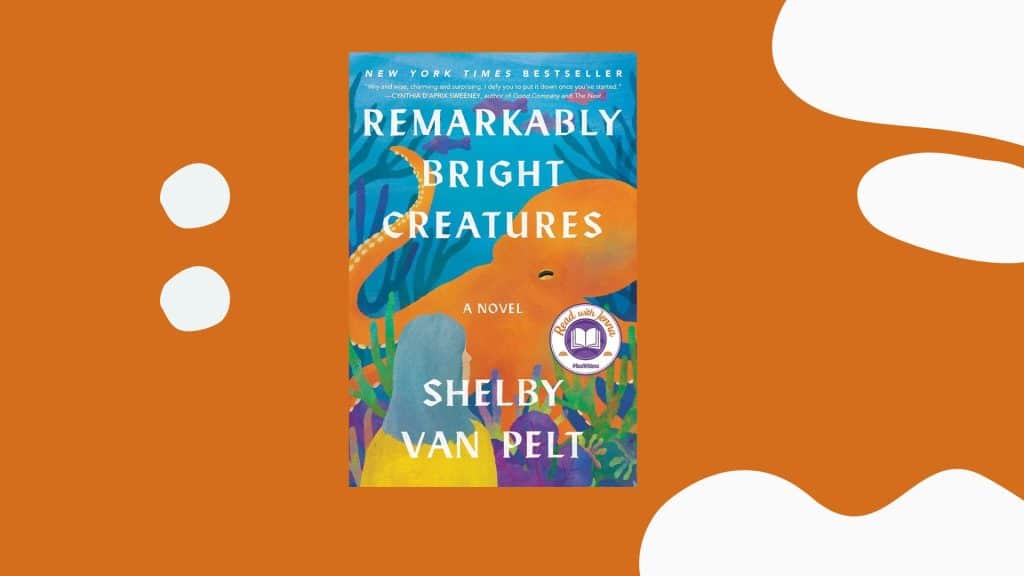“Remember that God’s plan for you might be different than the plan you have for yourself.”
Looking for an honest review of The Book of Lost Names? You’re in the right place.
In this article, I’ll help you decide if this popular WWII novel deserves a spot on your reading list. You’ll get:
- A clear plot summary without major spoilers
- My honest thoughts on what works and what doesn’t
- Ratings from real readers
- Similar books to try if you enjoy this one
I’ve read over 50 historical fiction novels and can tell you how this one compares. Reading is an investment of your time and money. My goal is to help you make the right choice. This review looks at Kristin Harmel’s story of a Jewish woman who uses forgery to save lives during WWII while preserving the true names of children who might otherwise be forgotten.
Let’s get started!
Plot Summary
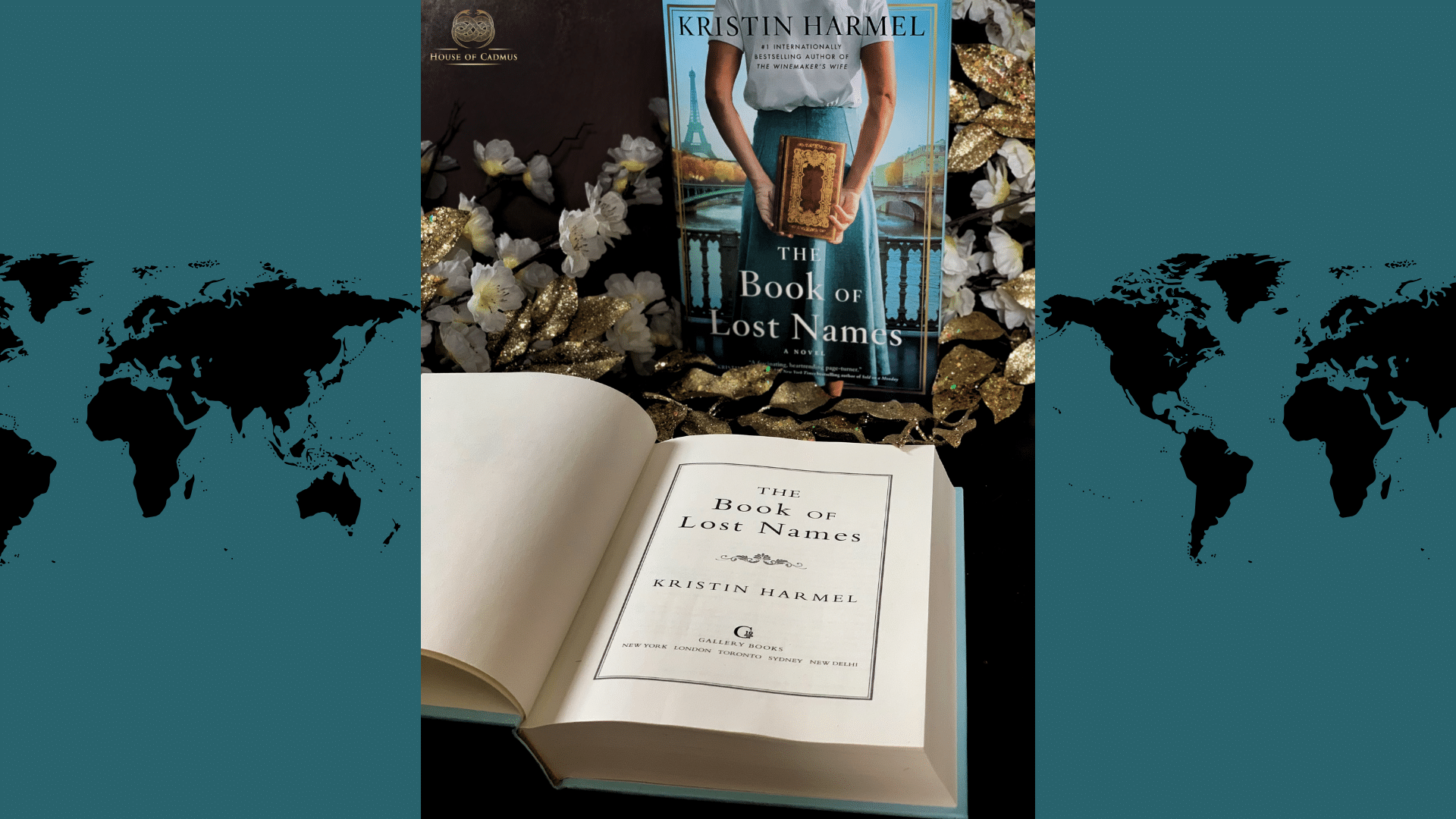
“We’re defined by who we are in our hearts, who we choose to be on this earth.”
The Book of Lost Names follows Eva Traube Abrams, a semi-retired 86-year-old librarian living in Florida in 2005. When Eva spots a photograph in a magazine of a book she hasn’t seen in over sixty-five years, her past comes rushing back. The book in question, an eighteenth-century religious text now housed in Berlin’s Zentral- und Landesbibliothek library, appears to contain some code that researchers can’t decipher. Only Eva knows the truth behind this mysterious text.
Flashing back to 1942, we meet young Eva, a graduate student in Paris who is forced to flee after her father is arrested during a Nazi roundup of Jewish citizens. With her mother in tow, Eva finds refuge in a small mountain town in the Free Zone of France called Aurignon. There, she becomes involved with the French Resistance, using her artistic talents to forge documents for Jewish children escaping to neutral Switzerland.
Key characters include:
- Eva Traube: Our resilient protagonist with a talent for forgery
- Rémy Duchamp: A handsome, mysterious forger who works alongside Eva
- Mamusia (Eva’s mother): A woman broken by war who often clashes with Eva’s decisions
- Père Clément: The kind priest who recruits Eva into the resistance
- Joseph Pelletier: A Jewish man working with the resistance who takes an interest in Eva
Plot Progression
As Eva and Rémy work together to create false identity papers for escaping Jews, they develop a close bond. Concerned that the children they help are too young to remember their real names, they devise a way to preserve their true identities using a sophisticated code within an old religious text – what Eva comes to call “The Book of Lost Names.”
The story alternates between 2005, as elderly Eva contemplates returning to Europe to reclaim the book, and 1942-1944, when she navigates the dangers of Nazi occupation, her complicated feelings for Rémy, tensions with her mother, and the ever-present risk of betrayal.
My Review
Kristin Harmel’s The Book of Lost Names captivated me with its exploration of a lesser-known aspect of WWII resistance – document forgery. The story follows Eva, a young Jewish woman who discovers her talent for creating false papers that help children escape Nazi persecution. What makes this book stand out is the central concept: Eva and her partner Rémy create a secret code in an old religious text to preserve the children’s true identities, understanding that names carry our history and humanity.
The dual timeline structure works beautifully, connecting Eva’s past as a young woman in the resistance with her present as an elderly librarian discovering that the book she thought lost forever has resurfaced. Harmel’s writing flows smoothly, making this an accessible read despite the heavy subject matter. I particularly appreciated Eva’s growth from sheltered academic to brave resistance fighter and the detailed historical research about forgery techniques.
However, the book isn’t without flaws. Eva’s mother feels one-dimensional in her constant criticism, and some plot elements rely too heavily on coincidence. The romance, while tender, occasionally overshadows the historical significance of the resistance work. And while I won’t spoil the ending, it ties up perhaps too neatly for a story set during such a brutal period in history. Despite these issues, the novel’s emotional core – the importance of preserving identity in the face of those who would erase it – resonates deeply and makes this a worthwhile read.
EXPLICIT SPOILER WARNING
The revelation that Joseph, not Rémy, was the traitor caught me by surprise. The “good Nazi” Erich saving Eva by killing Joseph was powerful but stretched credibility. Finding Rémy still alive after sixty years felt too convenient, though I admit it gave me the emotional closure I wanted.
Ratings and Reviews from Readers
“She doesn’t understand what it means to love books so passionately that you would die without them, that you would simply stop breathing, stop existing.”
On Goodreads, The Book of Lost Names holds an impressive 4.43 star rating from over 252,880 readers, demonstrating its widespread appeal. This places it among the more highly rated WWII historical fiction novels, showing strong reader engagement with Eva’s story.
What Readers Are Saying
- “I sadly couldn’t connect with this book on any level… Eva was very undecisive… Her personality lacked depth honestly and a ‘character’.”
- “An eye-opening and informative, lighter WWII story… The ending had a great twist that kicked my enjoyment up a notch.”
- “Holocaust stories are never easy to read and they shouldn’t be… The narrative follows a pattern that I’ve seen in so many recent novels, alternating the past and present, tying the two together and this is so well done here.”
- “This book is a WWII Historical fiction… This book will stay with me for so long. It will touch your heart.”
How The Book of Lost Names Sets Itself Apart
Unlike many WWII novels that focus on concentration camps or battlefield experiences, The Book of Lost Names shines a light on resistance workers who used forgery as a weapon against the Nazis. The focus on preserving identity rather than just saving lives adds a unique perspective to the already abundant WWII literature.
Critics have praised the novel for its detailed historical research and emotional storytelling. It’s been compared favorably to other popular historical fiction works, highlighting Harmel’s ability to blend historical accuracy with compelling character development.
Is Reading The Book of Lost Names Worth It?
“Once you’ve fallen in love with books, their presence can make you feel at home anywhere, even in places where you shouldn’t belong.”
Yes, The Book of Lost Names is worth reading if you enjoy historical fiction with heart. The book offers a fresh perspective on the WWII resistance through the lens of document forgery, featuring a strong female protagonist who uses her artistic skills to save lives while preserving identities.
The story balances history with human emotion. You’ll appreciate the well-researched details about forgery techniques and the moral complexities faced by resistance workers. Though the mother-daughter relationship feels one-dimensional at times and some plot points rely too heavily on coincidence, these flaws don’t overshadow the novel’s emotional impact.
This book is perfect for you if you enjoy historical fiction with strong female leads, stories about ordinary people doing extraordinary things during wartime, or books like The Nightingale by Kristin Hannah and The Alice Network by Kate Quinn. It’s especially good for readers who prefer WWII stories that focus more on resistance and resilience than on graphic depictions of war’s atrocities.
Similar Books If You Enjoyed The Book of Lost Names
If you enjoyed The Book of Lost Names, here are five similar books that capture the same blend of historical detail, emotional depth, and inspiring stories of resilience during WWII:
- The Invisible Bridge by Julie Orringer
- The Lost Girls of Paris by Pam Jenoff
- Code Name Hélène by Ariel Lawhon
- The Huntress by Kate Quinn
- The Forest of Vanishing Stars by Kristin Harmel
Conclusion
The Book of Lost Names stands out in the crowded WWII fiction genre by focusing on identity preservation amid attempts to erase entire populations.
Harmel delivers a story that’s both historically interesting and emotionally resonant. Eva’s transformation from a scared student to a brave resistance worker creates a compelling journey that most historical fiction fans will appreciate.
The book isn’t flawless—some characters lack depth, and certain plot points stretch credibility. Yet, these issues don’t undermine the powerful message at its core.
If you enjoy historical fiction with heart, this book deserves consideration. Its unique focus on document forgery and the courage of ordinary people during extraordinary times makes it a worthwhile read that will stay with you.
From the Author
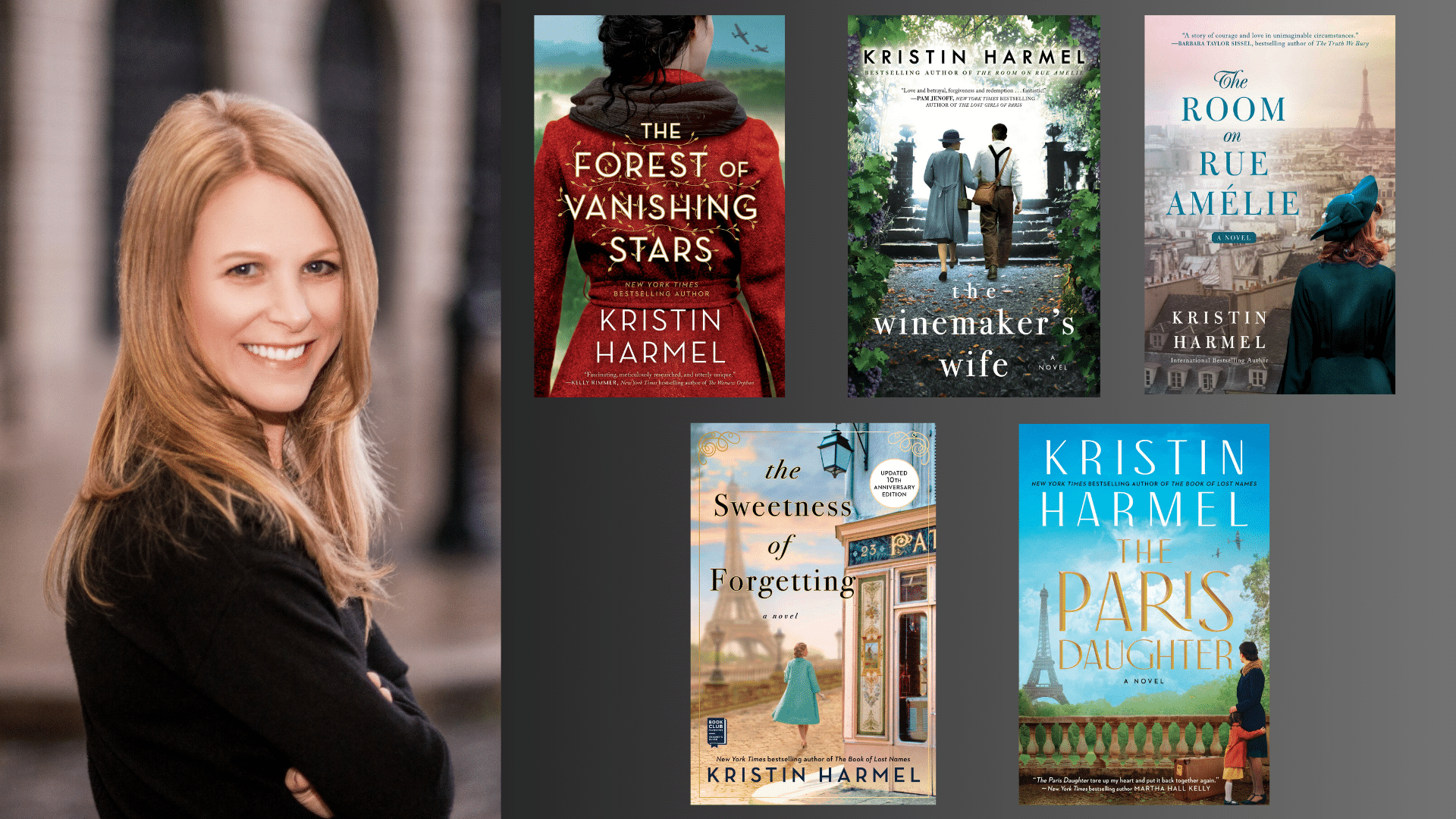
Kristin Harmel, a New York Times bestselling author, is known for her well-researched historical fiction. Her passion for preserving these stories comes through in the novel’s attention to detail and emotional resonance.
If you enjoyed Harmel’s writing style, you might want to explore her other historical fiction works:
- The Forest of Vanishing Stars
- The Winemaker’s Wife
- The Room on Rue Amélie
- The Sweetness of Forgetting
- The Paris Daughter


